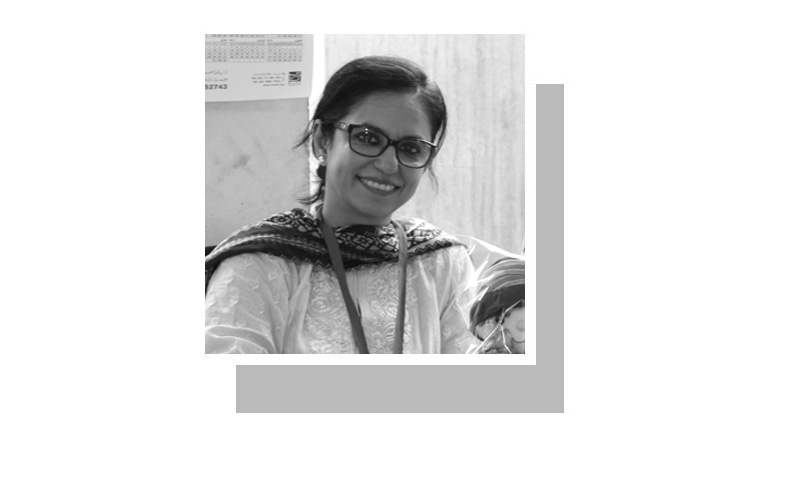
THEY say “the smallest coffins are the heaviest” and sadly, Pakistan carries a heavy burden on its shoulders. As a nation, we have repeatedly failed to protect our children and the murder in January of Zainab, a seven-year-old girl who was brutally raped, strangled to death and thrown on a pile of garbage in Kasur was the final nail in the coffin.
The sad part is that 11 other minor girls had to endure the same fate as Zainab before the authorities took notice. The cruel fact is that every day 10 children are sexually assaulted in Pakistan, while there has been a seven per cent increase in the number of reported cases of sexual assault of children in the country since 2015. Now more so than ever, we read terrible news of children being raped or murdered across the country. We have to stop and ask ourselves what needs to be done to make our society a safer place for children.
Any discussion on child safety or child abuse awareness prompts resistance from conservative groups of society and due to the ‘taboo’ attached to these topics, many do not report child sexual abuse because they feel it will bring shame on their families. In 2016, Kashf Foundation co-produced an issue-based TV serial called Udaari that raised awareness about child sexual abuse in order to highlight the issue and shatter the misconceptions around it.
An independent evaluation of the Udaari campaign revealed that an overwhelming majority (95pc) of respondents felt that the serial was based on reality, while 66pc said that it had become easier to talk about child sexual abuse after the serial was aired.
Most victims of child sexual abuse feel unable to confide in adults.
The research also revealed that only 23pc of the respondents felt that children would talk to somebody else if they were being subjected to abuse. The question to ask at this point is, why are children hesitant to talk to adults if they fall victim to sexual abuse?
I am often shocked by the complete inversion of logic that surrounds this issue, the fact that our society ends up blaming the victim, while the abuser often gets away scot-free.
The research revealed that only 38pc of the respondents felt that victims of child sexual abuse are not responsible for what they are subjected to, while only 40pc expressed the opinion that rather than victimising the survivor it should be the abuser who should be held accountable, which implies that such beliefs are deep-rooted and society requires further education.
However, when asked about the call to action in terms of addressing child sexual abuse, 55pc of the respondents said it was essential to educate children about child sexual abuse while 52pc emphasised the importance of building trust based relationships with their children.
Unless awareness programmes which address many of the points mentioned above are carried out in schools and homes, children will not be protected from heinous criminals. It is also important to engage with children and understand their apprehensions and concerns. Unfortunately, in our social set-up, children tend not to voice their opinions. In any case, their views are never taken into consideration.
In a series of focus groups with children between the ages of 5 and 16 in Kasur, there were some clearly relevant findings that need to be considered when designing child safety programmes. The study revealed that most schoolchildren from low-income communities considered their neighbours to be safe, and there was a sense of blind trust as far as neighbours were concerned.
Many of the children were also confused about personal boundaries and a majority shared that they had been physically beaten by either a parent or a teacher. Therefore a large number of them felt they would not be comfortable sharing anything with adults and were also suffering from a sense of guilt. Furthermore, there was also a difference in perception — girls were more forthcoming in terms of speaking about their personal safety, while the boys were not open to sharing vulnerabilities, something that would, in their eyes, be a sign of weakness. This is of particular concern, since boys are equally at risk of sexual assault.
In the light of such findings, it is important that parents as well as teachers talk to children about self-protection and maintaining a safe distance.
They must be made aware of improper touching and if subjected to such behaviour, they must be educated to immediately confide in their parents. Counselling plays a vital role and the community as a whole needs to start going after the abuser rather than the victim.
Eliminating this evil from society is an effort that requires a strong public and government response. Let this tragic legacy of child sexual abuse from Kasur become a thing of the past.
The writer is founder and managing director of Kashf Foundation.
Published in Dawn, March 7th, 2018










































